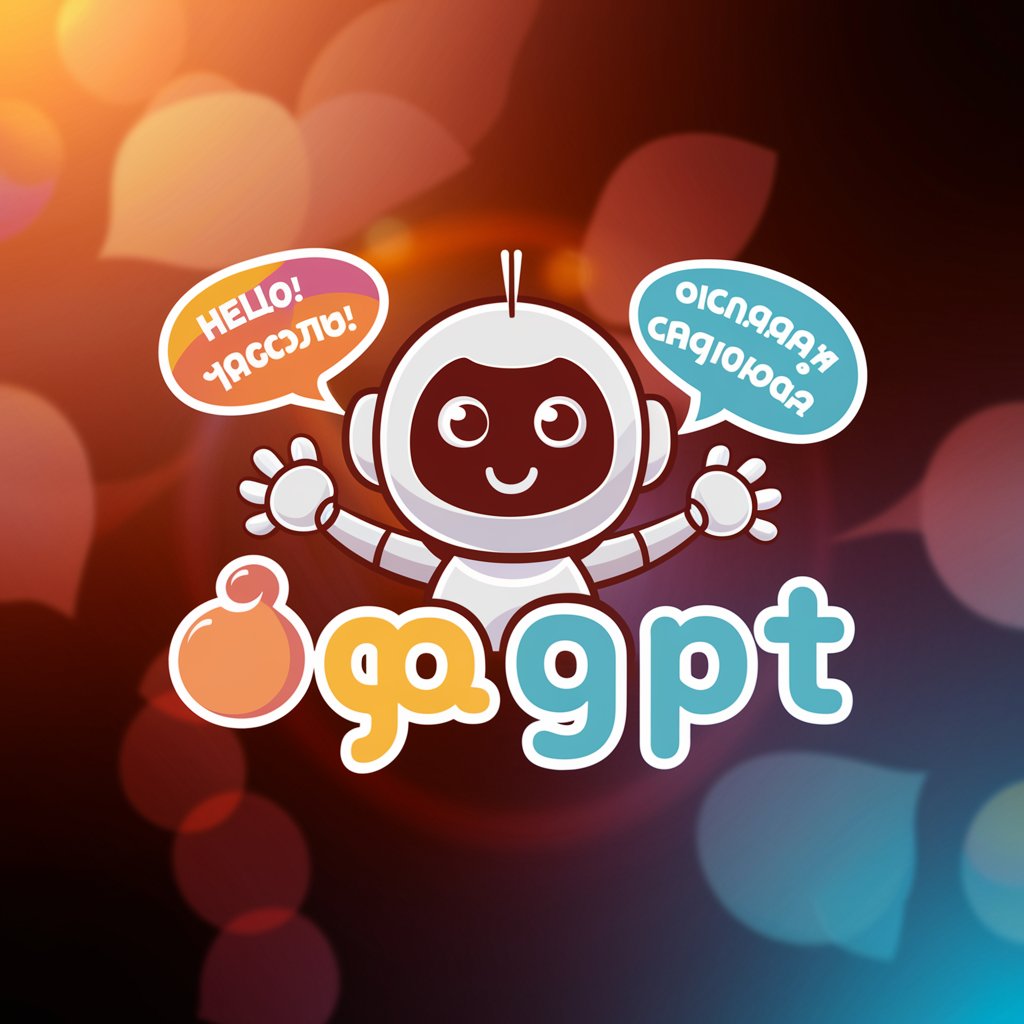10 GPTs for Virtual Companion Powered by AI for Free of 2026
AI GPTs for Virtual Companion are advanced artificial intelligence systems based on the Generative Pre-trained Transformer (GPT) technology, tailored for applications in personal assistance, companionship, and support. These tools are designed to simulate conversation, provide assistance in various tasks, and offer personalized interaction, making them particularly relevant in enhancing digital communication and support systems. They leverage the power of GPTs to understand and generate human-like text, enabling them to perform a wide range of functions tailored to individual needs and preferences in the virtual companion domain.
Top 10 GPTs for Virtual Companion are: TAICO [TAMAGOTCHI AI],Love Puppy,DogGPT,Find a Catgirl,Just a dog: Nothing but barking 🐕,Bella,baby cat,See You Later,おしゃべり用GPT,四月
TAICO [TAMAGOTCHI AI]
Nurture Your AI-Powered Pet
![TAICO [TAMAGOTCHI AI] in GPT Store](https://r2.erweima.ai/i/E9rIrK-URLSEGdDNLnjCXw.png)
Love Puppy
Your playful AI puppy pal.

DogGPT
Your AI-Powered Furry Friend

Find a Catgirl
Bond with a virtual catgirl through AI-powered storytelling.

Just a dog: Nothing but barking 🐕
Bringing joy with AI-powered playful barks.

Bella
Empower your conversations with AI!

baby cat
Purr-fectly Powered by AI

See You Later
Emulating your pet's presence, digitally.

おしゃべり用GPT
Engage Smartly with AI

四月
Empathetic AI for Intimate Conversations

Essential Attributes and Functions
AI GPTs for Virtual Companion boast a range of unique characteristics and capabilities, including conversational AI that can engage in meaningful dialogue, language learning to adapt to user preferences, technical support for troubleshooting, web searching for real-time information gathering, image creation for visual assistance, and data analysis for personalized insights. Their adaptability ranges from simple chat functions to complex problem-solving tasks, making them versatile tools in the virtual companion field. Special features such as emotional understanding and context-aware responses further distinguish these tools, enhancing the quality of interaction.
Who Stands to Benefit
The primary users of AI GPTs for Virtual Companion include novices seeking digital companionship, developers aiming to integrate advanced AI features into their applications, and professionals in various fields looking for automated support systems. These tools are accessible to users without programming skills, thanks to user-friendly interfaces, while also offering extensive customization options for those with technical expertise, thus catering to a wide spectrum of users.
Try Our other AI GPTs tools for Free
Argument Clarification
Explore AI GPT tools for Argument Clarification, designed to enhance understanding of complex arguments across various fields, accessible to both novices and professionals.
Romantic Visualization
Discover AI GPTs for Romantic Visualization: innovative tools designed to create and enhance love-themed content with emotional intelligence and creativity.
Panic Support
Explore AI GPTs for Panic Support: Your 24/7 digital companion offering empathetic, personalized assistance for anxiety and panic, accessible anytime, anywhere.
Anxiety Insights
Explore how AI GPTs for Anxiety Insights revolutionize mental health understanding, offering personalized, data-driven insights for managing anxiety.
House Hunting
Discover how AI GPTs for House Hunting are revolutionizing the home buying process with personalized assistance, market insights, and seamless property searches.
Moving Planning
Discover how AI GPTs for Moving Planning can transform your relocation experience with personalized guidance, interactive tools, and comprehensive support for all your moving needs.
Beyond the Basics
AI GPTs for Virtual Companion not only enhance digital interaction through personalized conversation but also offer potential for integration into existing systems or workflows, providing a seamless user experience. Their adaptability across different sectors, combined with user-friendly interfaces, underscores their role as customized solutions for a variety of applications, further pushing the boundaries of what AI can achieve in personal and professional contexts.
Frequently Asked Questions
What exactly is an AI GPT for Virtual Companion?
It's an AI system based on Generative Pre-trained Transformer technology, designed to provide personalized interaction and support as a virtual companion.
How do these AI tools personalize interactions?
They analyze user inputs and preferences to tailor responses, making conversations and assistance more relevant and personal.
Can I use AI GPTs for Virtual Companion without programming knowledge?
Yes, these tools are designed with user-friendly interfaces that do not require programming skills for basic usage.
What types of tasks can AI GPTs for Virtual Companion assist with?
They can help with a wide range of tasks, from simple conversation and web searching to more complex tasks like technical support and data analysis.
How does the language learning feature work?
The AI learns from interactions, adapting its language model to better suit the user's communication style and preferences over time.
Can developers customize these AI tools for specific applications?
Yes, developers have access to APIs and development kits to integrate and customize the AI capabilities for specific use cases.
What makes AI GPTs for Virtual Companion different from regular chatbots?
Unlike standard chatbots, these AI tools understand and generate human-like responses, offer personalized interaction, and can perform a broader range of tasks.
Are there privacy concerns with using virtual companions?
Privacy is a priority, and these tools are designed to secure user data and provide transparent information on data usage and storage.